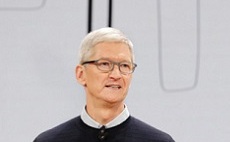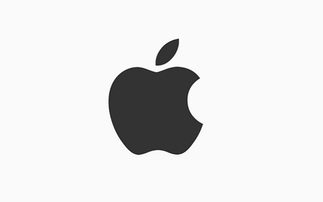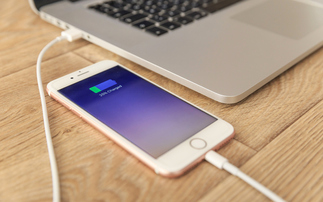Apple CEO Tim Cook not in the mood for an out-of-court settlement with Qualcomm
Apple has no choice but to sue semiconductor company Qualcomm, claims Apple CEO Tim Cook, because it is unlikely that the two companies will be able to reach an amicable settlement in their dispute...
To continue reading this article...
Join Computing
- Unlimited access to real-time news, analysis and opinion from the technology industry
- Receive important and breaking news in our daily newsletter
- Be the first to hear about our events and awards programmes
- Join live member only interviews with IT leaders at the ‘IT Lounge’; your chance to ask your burning tech questions and have them answered
- Access to the Computing Delta hub providing market intelligence and research
- Receive our members-only newsletter with exclusive opinion pieces from senior IT Leaders






















